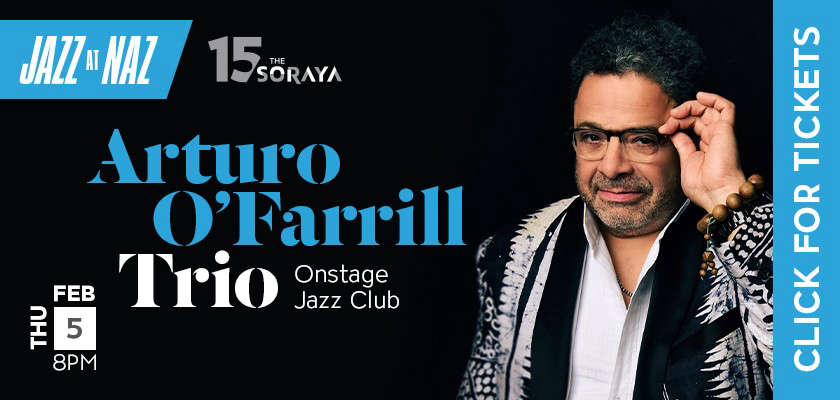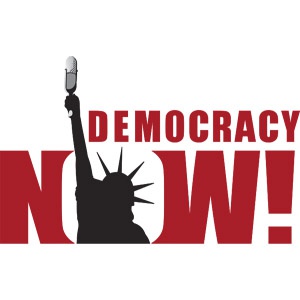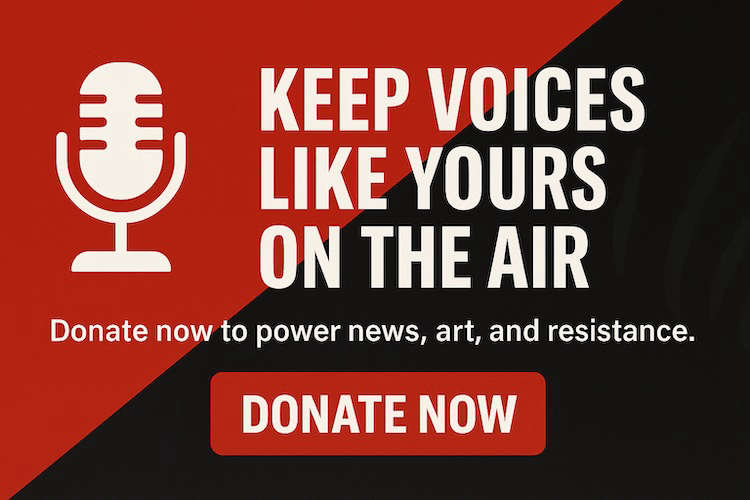 A firefighter (L) speaks to an inmate firefighter as they prepare to put out flames on the road leading to the Reagan Library during the Easy-Fire in Simi Valley, California on October 30, 2019. (Photo: Mark Ralston/AFP/Getty Images)
A firefighter (L) speaks to an inmate firefighter as they prepare to put out flames on the road leading to the Reagan Library during the Easy-Fire in Simi Valley, California on October 30, 2019. (Photo: Mark Ralston/AFP/Getty Images)
By Brett Wilkins | Common Dreams
A firefighter (L) speaks to an inmate firefighter as they prepare to put out flames on the road leading to the Reagan Library during the Easy-Fire in Simi Valley, California on October 30, 2019. (Photo: Mark Ralston/AFP/Getty Images)
As dozens of major wildfires continued to rage across California, state lawmakers on Sunday sent a bill to Gov. Gavin Newsom's desk that would help prisoner firefighters—who risk their lives for $1 an hour and a chance for early release—apply for the emergency medical technician licenses necessary to eventually become professional firefighters after they've served their sentences.
Assembly Bill 2147, the result of years of pushing, mostly by Assemblywoman Eloise Gómez-Reyes (D-Grand Terrace), would allow former inmates who successfully participated in the California Conservation Camp Program to petition a judge to quickly expunge their criminal record and waive parole time.
"Most of us would agree that an individual willing to face down fire and smoke is more than the sum of their previous mistakes." —California Assemblywoman Eloise Gómez-Reyes
Under the bill, people convicted of certain violent felonies and sex crimes will remain ineligible for relief.
"We know that these incarcerated firefighters have already demonstrated a commitment and desire to turn their life around," Gómez-Reyes told the Los Angeles Times. "I would hope that most of us would agree that an individual willing to face down fire and smoke is much more than the sum of their previous mistakes."
"I don't want a sentence that has been completed to become a life sentence," the lawmaker continued, referring to the severely limited post-release employment prospects faced by ex-felons, who are currently ineligible to obtain not only EMT licenses but also the licenses or credentials required to work in a wide variety of fields.
"Unfortunately, our criminal justice system has done just that," Gómez-Reyes added. "Even after somebody has completed their sentence, they're living a life sentence, because so many doors are shut to them."
While professional firefighters in California earned an average of $73,860 in 2017—the second-highest salary in the nation—prisoners, most of them Black and Latinx, earn $2 a day while in camp and $1 an hour fighting active fires. Inmate firefighters also typically earn two days off their sentences for each day served.
It is extremely dangerous work—more than 1,000 inmate firefighters were hospitalized between 2013 and 2018, and several of them have died in the line of duty in recent years. Still, thousands of inmates have volunteered for firefighting duty.
"I want to be here for whoever needs me," Marty Vinson, a 25-year-old prisoner returning from a 24-hour shift battling the September 2018 Napa fires, told Democracy Now. "I want to be there for people, so I just volunteered."
Critics have called the use of almost unpaid prison labor to fight fires a form of slavery. Indeed, the U.S. Constitution's 13th Amendment outlaws "slavery" and "involuntary servitude," with one glaring caveat: "except as a punishment for crime whereof the party shall have been duly convicted." Unpaid and virtually unpaid prison labor has flourished under the provision, with private prisons and businesses profiting handsomely from the toil of the nation's massive pool of captive workers.
Inmate labor means big savings for taxpayers too. According to state officials, California saves up to $100 million annually using prison labor to combat the state's biggest environmental crisis.
Like many prisoners, Vinson said he did not consider firefighting to be slavery. "But I feel like that's their [correctional officials'] whole mentality, and what they're thinking about at the end of the day. No matter whether we're incarcerated or we're free, we're getting paid a dollar an hour."
Perhaps the biggest injustice of it all, say advocates and former inmates, is that experienced prisoner firefighters, many of whom lack other work experience, are denied employment as firefighters after their release. Fernando Herrera, a teenage inmate who helped fight the Thomas Fire that destroyed over 1,000 buildings in Southern California in 2017, says he was heartbroken upon learning he could not work at the job he was best suited to do.
"If they're safe enough to go out into the community with chainsaws and axes, maybe they didn't need to be in prison in the first place." — Marvin Mutch, Prisoner Reentry Network
"I didn't even want to get paid," Herrera, now 20, told the Sacramento Bee. "But I couldn't do it because of my record. It was honestly heartbreaking."
"I was obviously entrusted to be on a fire crew when I was in jail," he said. "Why can't I do it when I come home?"
Romarilyn Ralston, Program Director of Project Rebound, a California State University program supporting formerly incarcerated people like herself, lamented that "it's OK to exploit the labor of incarcerated firefighters... at slave wages, but once you're released and pay your debt to society... and you have this really high-level skill... you can't do that."
"A lot of these men and women have gone out and risked—and sometimes sacrificed—their lives to try and save people's communities and homes," Marvin Mutch, who was wrongfully incarcerated for 41 years at San Quentin State Prison before being freed in 2016, told Common Dreams in a phone interview.
Mutch, who is currently the director of advocacy at the Prisoner Reentry Network, asserted that "if these prisoners were safe enough to go out into the community with chainsaws and axes, maybe they didn't even need to be in prison in the first place."
"Prison officials take this ready resource for granted," Mutch said of inmate firefighters. "But it just so happens that, with so many prisoners locked down due to Covid-19, the wildfires on the outside are occurring at the same time as the pandemic wildfire on the inside."
"Death is lurking in the tiers, killing people off, and they don't know how to handle it," Mutch added. The coronavirus has infected more than 2,400 San Quentin prisoners and staff. More than two dozen of them have died.
In July, California prison officials announced they would be granting as many as 17,600 inmates early release due to the pandemic. This has reduced the pool of available prisoner firefighters by some 600 people this fire season compared to 2019.
"We are experiencing an unprecedented fire siege that is stretching all firefighting resources," Cal Fire Resource Management Communications Officer Christine McMorrow told CNN. Early release has meant "less hand crews for firefighting efforts," added McMorrow, who called inmate volunteers "an integral part of our firefighting operations."
Many former prisoners want to continue providing such invaluable assistance after they've completed their sentences, but they cannot do so unless Gov. Newsom signs AB 2147.
"I was a kid when I made those mistakes," Herrera said of his gang past. "I want to help change the world, you know? But I can't because I'm bound by my past."
Common Dreams is licensed under a Creative Commons Attribution
-
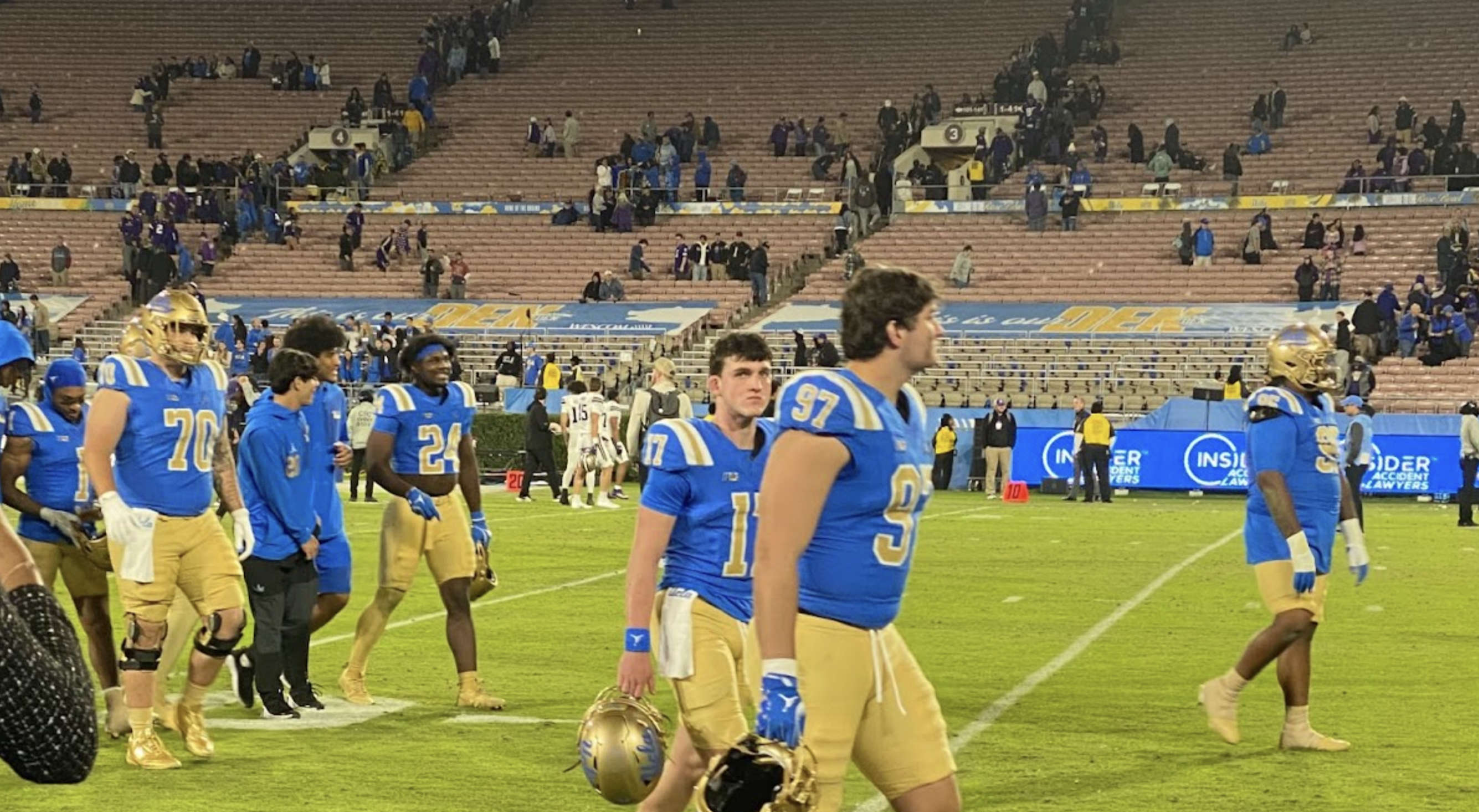 Washington tramples UCLA 48-14 on Senior Night
Washington tramples UCLA 48-14 on Senior Night
Washington steamrolled UCLA 48–14 on Senior Night at the Rose Bowl, capitalizing on turnovers, special teams chaos, and a dominant night from QB Demond Williams Jr.
-
 UCLA Football Wins Its Third Straight Game Ahead of Ranked Matchup
UCLA Football Wins Its Third Straight Game Ahead of Ranked Matchup
UCLA keeps rolling. After edging Maryland 20–17 at the Rose Bowl, the Bruins have quietly stacked three straight wins and are heading into another ranked showdown. Charlie Gonzalez breaks down the grind, the grit, and the moments that mattered.
-
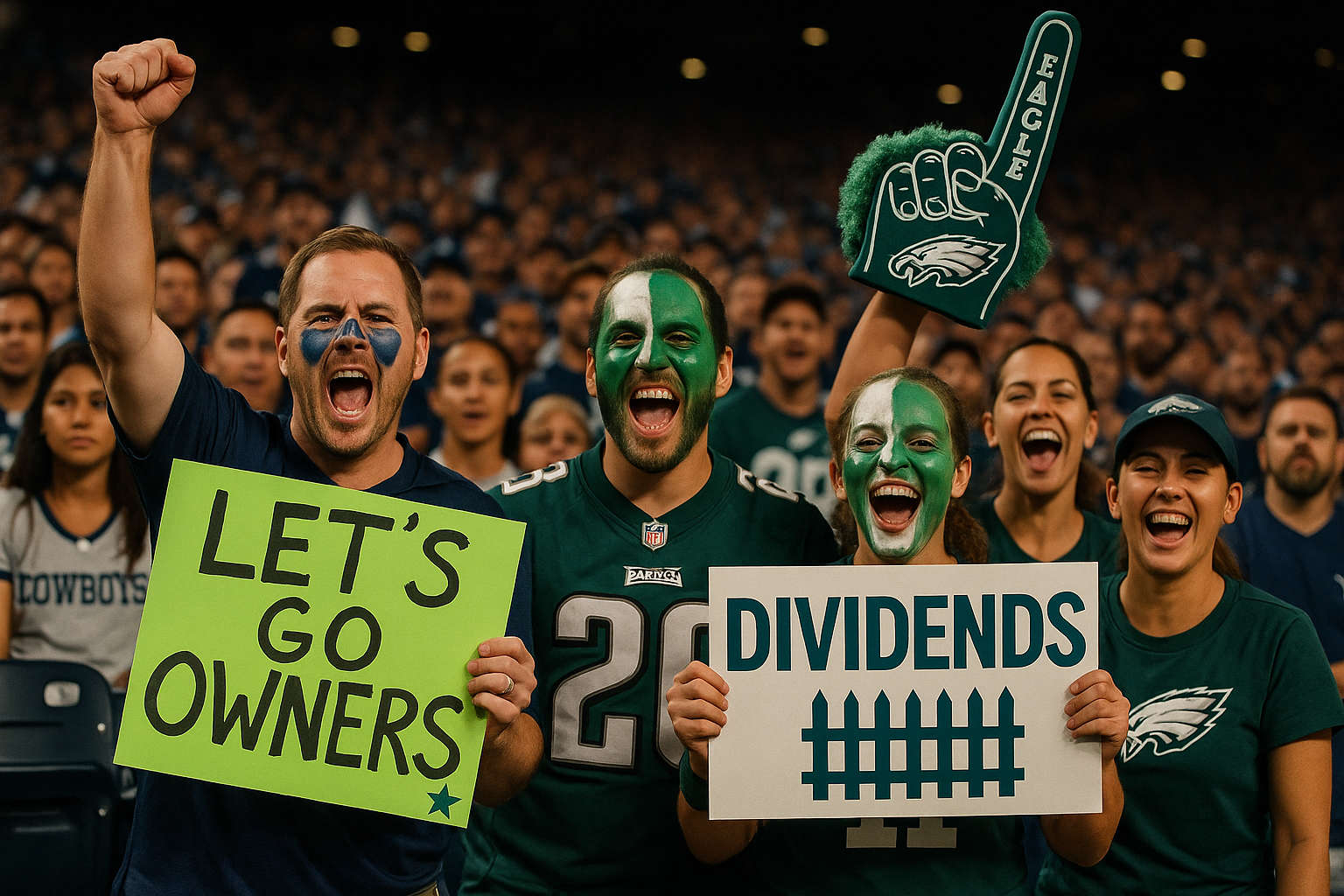 What Are We Cheering For?
What Are We Cheering For?
Every holiday, every weekend, every so-called American ritual came with a side of football. The game would be on, and we were supposed to care. I didn’t. Not really. Not until I almost did. For a brief stretch, when my dad worked with the Clippers during the Lob City era, I started to believe. Chris Paul, Blake Griffin, DeAndre Jordan — it felt like swagger, like culture, like something to belong to. Then the trades came, the team got gutted, and the curtain dropped. It wasn’t family. It wasn’t culture. It was business. That moment stuck. The more I watched, the more the wires showed: how ritual gets packaged, sold, and weaponized. How meaning becomes merchandise. How attention becomes empire.
-
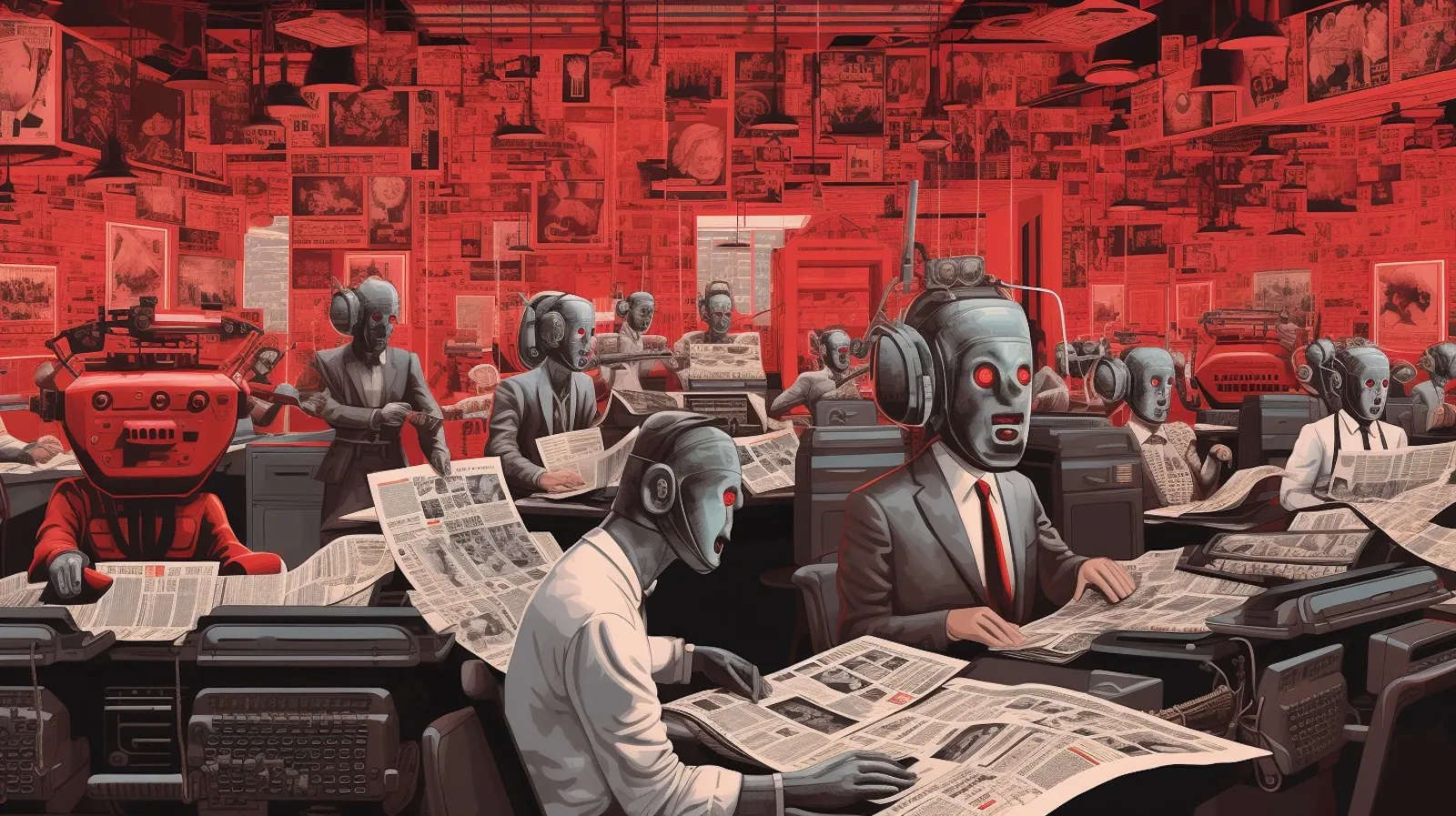 When AI Replaced Our Comics
When AI Replaced Our Comics
When AI replaced hand-drawn comics in our newsroom, I saw more than ugly art — I saw the erosion of what makes journalism worth doing.



